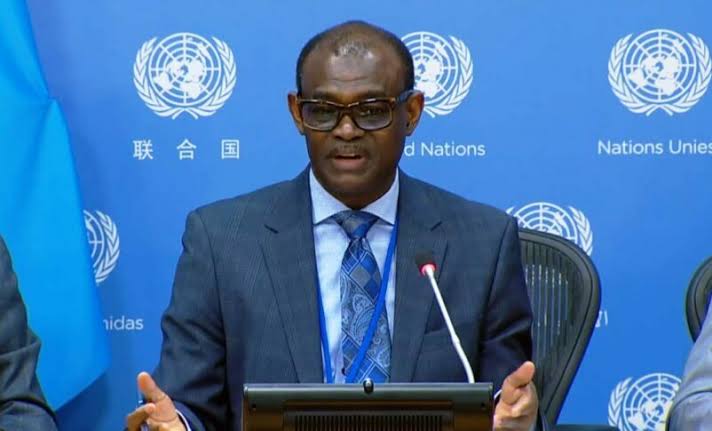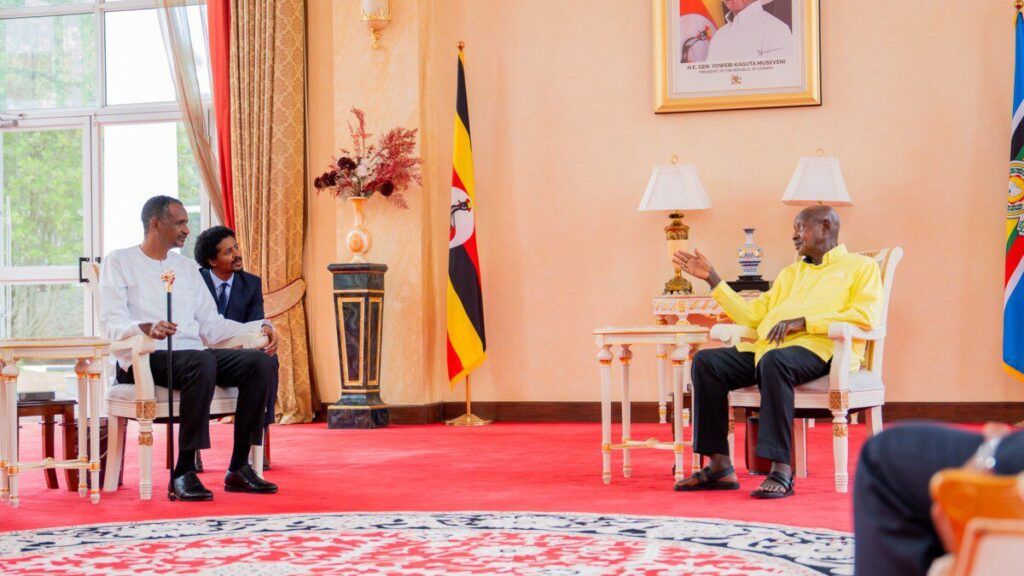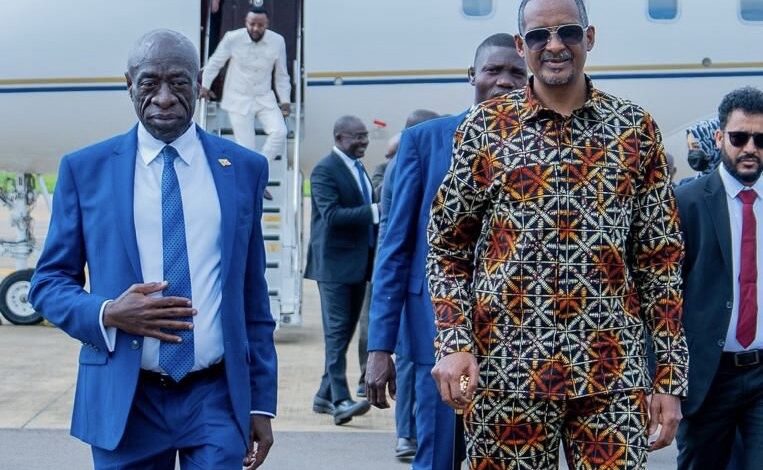
Informal talks are underway at the United Nations about invoking General Assembly procedures to challenge Sudan’s representation, a move backed by the United States to ratchet up pressure on Khartoum to move toward a civilian government, two Washington-based diplomatic sources told Afaq Jadid.
According to the sources, the conversations focus on the General Assembly’s credentials process, which allows the nine-member Credentials Committee to review who legitimately represents a member state when a dispute arises. While Rule 29 of the Assembly’s Rules of Procedure provides for provisional seating when objections are raised, any substantive review of credentials is handled under Rule 28, and the Assembly can ultimately refuse to accept a delegation’s credentials. In practice, that can sideline a government from Assembly proceedings without a formal suspension of UN membership.
The sources said the push dovetails with a draft measure introduced by two members of the U.S. Congress directing the Secretary of State to coordinate with the U.S. UN mission to press the General Assembly’s credentials machinery. If advanced, the effort could leave Sudan’s current delegation unrecognized until there is a domestic political shift toward civilian or democratic rule, they added.
Diplomats caution the outcome is uncertain. The Credentials Committee typically weighs, among other factors, effective control over the capital, a consideration that has complicated past cases. The Committee usually convenes during the main GA session in the autumn.
Past precedents loom large. In 1974, the General Assembly refused to accept the credentials of South Africa’s apartheid-era delegation, curbing its participation. The UN has also handled contentious representation disputes in Cambodia in the late 1970s–1980s and, more recently, Afghanistan, where the committee repeatedly deferred the Taliban’s bid to take the UN seat after 2021.
The sources said advocates on Capitol Hill are seeking to leverage global outrage over the war in Sudan to build support for a credentials challenge, potentially increasing international pressure on the authorities in Port Sudan. UN member states and regional actors tracking the conflict are expected to watch the fall deliberations closely.




